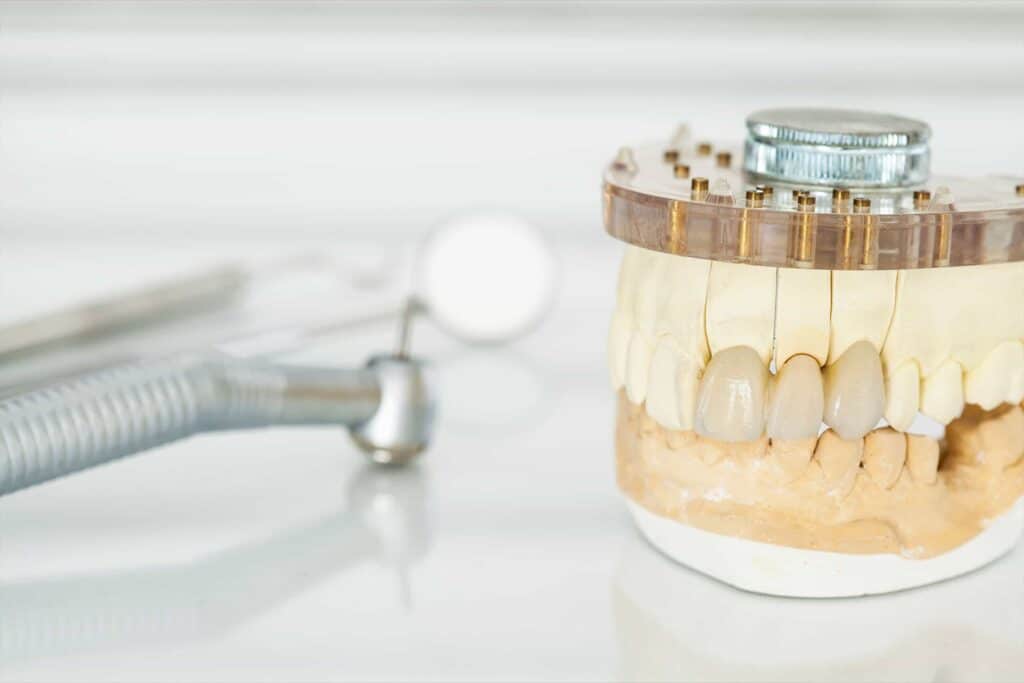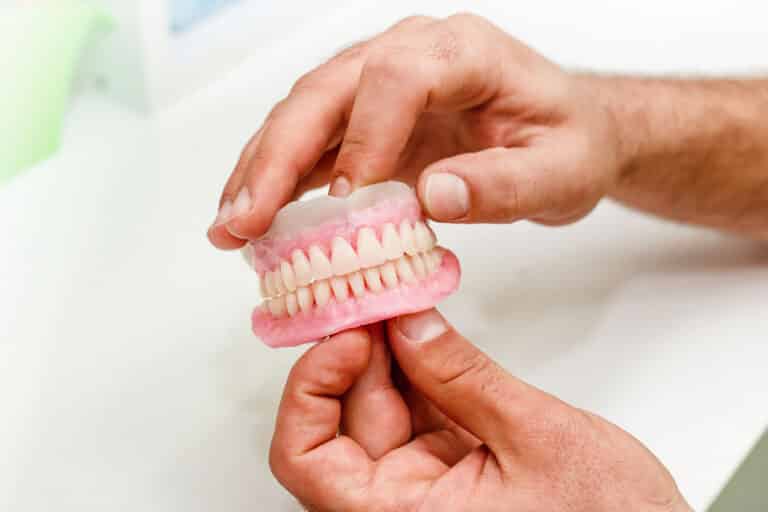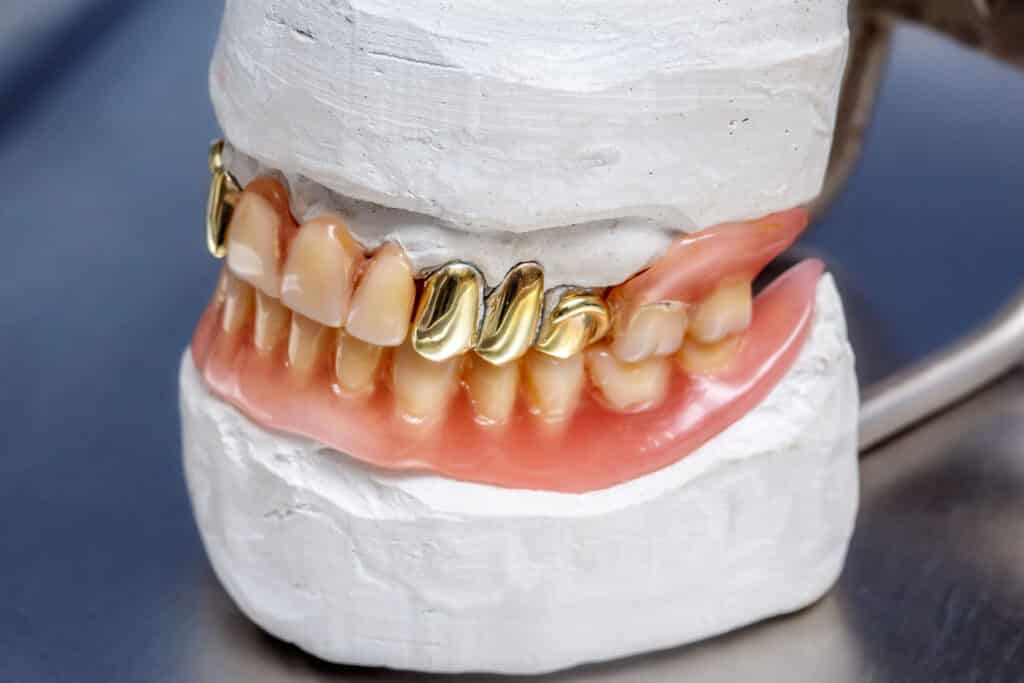Can Dental Problems Affect My Overall Health?
Yes, dental problems can affect your overall physical and mental health. Different types of dental infections cause bacteria to travel throughout your body, affecting many vital organs, such as the heart. It’s especially important for those with weakened immune systems to make sure that their teeth are in good condition. Additionally, those missing or have unaesthetic teeth tend to be more embarrassed about the condition of their mouths. In severe cases, a person may not socialize or go out because of missing or unattractive teeth.
How Can I Manage Sensitive Teeth?
Some people may have sensitive teeth even though the tooth structure is normal and decay-free. If you have sensitive teeth that are otherwise healthy, refrain from eating or drinking things that cause the sensitivity, such as extremely hot or cold foods. If the teeth are sensitive because of gum recession, you can try over-the-counter sensitivity toothpaste, such as Sensodyne. If that doesn’t help, seek professional help. If you have exhausted all of your options, you may need to talk to a dentist because that sensitive tooth may be due to cavities or other types of disease.
Is It Safe To Have Dental Treatment During Pregnancy?
Short answer: yes. There are certain times during pregnancy when dental treatment is safe. You should always consult both your dentist and your OBGYN to develop a dental treatment plan if necessary. It’s generally accepted that the most appropriate time for dental treatment is during your second trimester. You can still get treatment in your first or third trimester, but there are many risks involved during this period. A good rule of thumb is to ensure that the benefits outweigh the risks, such as remaining untreated, which exposes the baby to a risk of infection.
How Often Should I Replace My Toothbrush?
The most honest answer is whenever the bristles wear out. This depends on several factors, such as how much pressure you apply during brushing, the frequency of your brushing, and the quality of your toothbrush. As a general rule of thumb, this tends to be about every three months, which is why most dentists recommend that you replace your toothbrush every three months.





